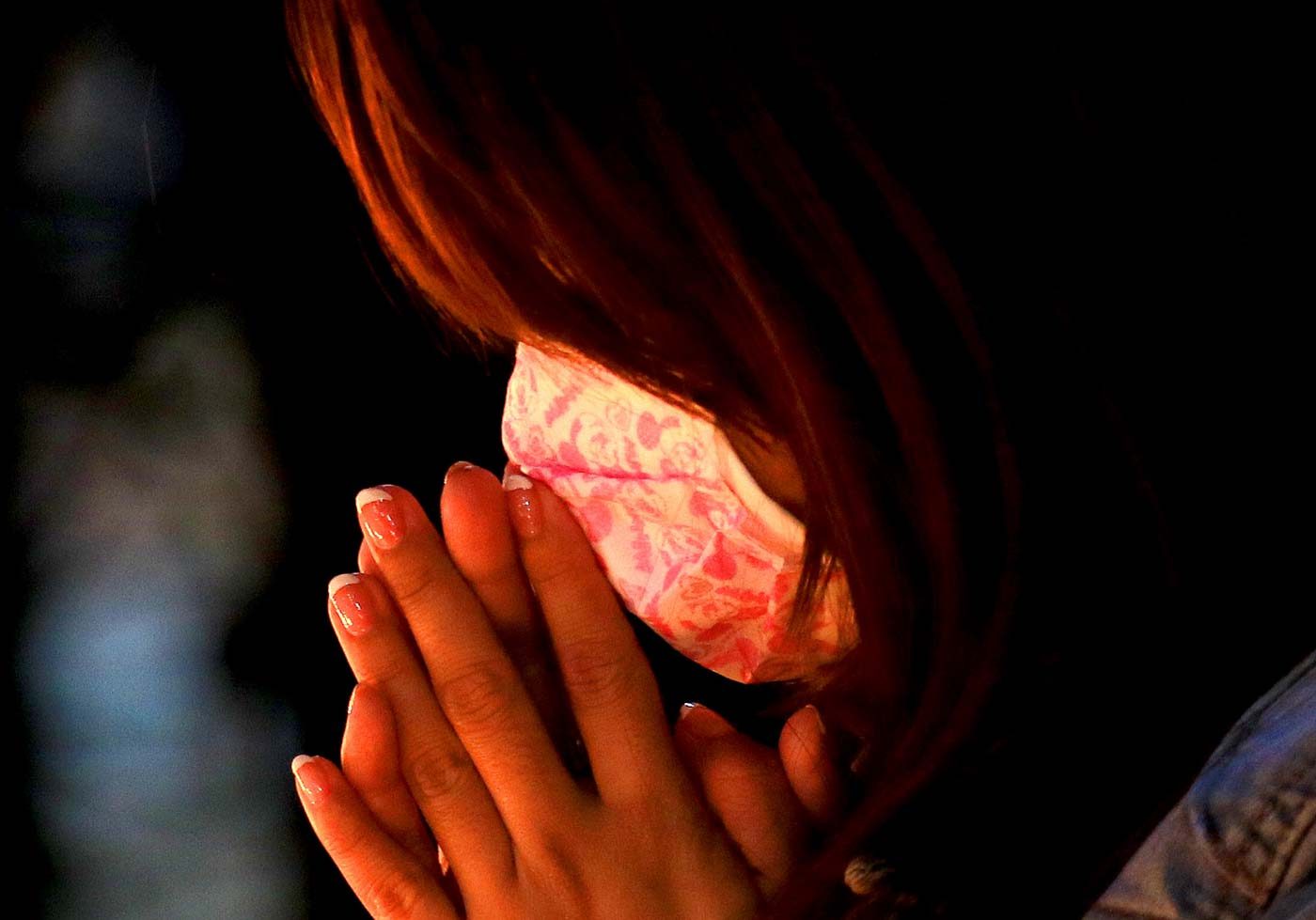SUMMARY
This is AI generated summarization, which may have errors. For context, always refer to the full article.

MANILA, Philippines – The World Health Organization (WHO) reminded the public that the use surgical masks by the general public is not recommended amid fears that the 2019-novel coronavirus (2019-nCoV) would spread in the Philippines.
Stocks of surgical masks have flown off the shelves of medical stores and pharmacies in the country, especially after the Philippines confirmed its first case of the 2019-nCoV on January 30.
But WHO country representative to the Philippines Rabindra Abeyasinghe, in a senate hearing on Tuesday, February 4, said that they do not “see the benefit of masks to be used by general public.” (READ: TIMELINE: The novel coronavirus epidemic)
“People who are having respiratory symptoms or who are in crowded places could be wearing those masks. But it would be preferable to reserve those masks for high-risk individuals and health workers,” he added.
The Department of Health (DOH) had made similar calls.
In a press briefing on Friday, January 31, Health Undersecretary Eric Domingo asked the public to be “very, very judicious in the use of these materials.” Masks, particularly the N95 mask, are for health workers handling patients being probed by the DOH for 2019-nCoV, Domingo said.
WHO and DOH have both said that face masks, when used by infected people, protect those who are not infected, as they keep possible pathogens in.
Instead, the public is advised to observe proper hygiene, particularly the washing of hands and proper coughing etiquette, or coughing into the crook of the elbow or into a handkerchief.
The DOH and WHO are also calling on people to cook meat properly and avoid contact with wild animals, as the 2019-nCoV is suspected to have come from bats.
As of Tuesday, February 4, the DOH has confirmed 2 cases of 2019-nCoV in the Philippines. One of them died on February 1 after complications due to severe pneumonia, a known effect of 2019-nCoV. The other person confirmed with the virus is still currently isolated in San Lazaro Hospital in Manila.
The DOH is probing 78 others for possible infection, 68 of whom are admitted and isolated in hospitals, with 10 discharged but are still being monitored.
As of February 4, the virus has killed 427 and infected over 20,600. – Rappler.com
Add a comment
How does this make you feel?
There are no comments yet. Add your comment to start the conversation.